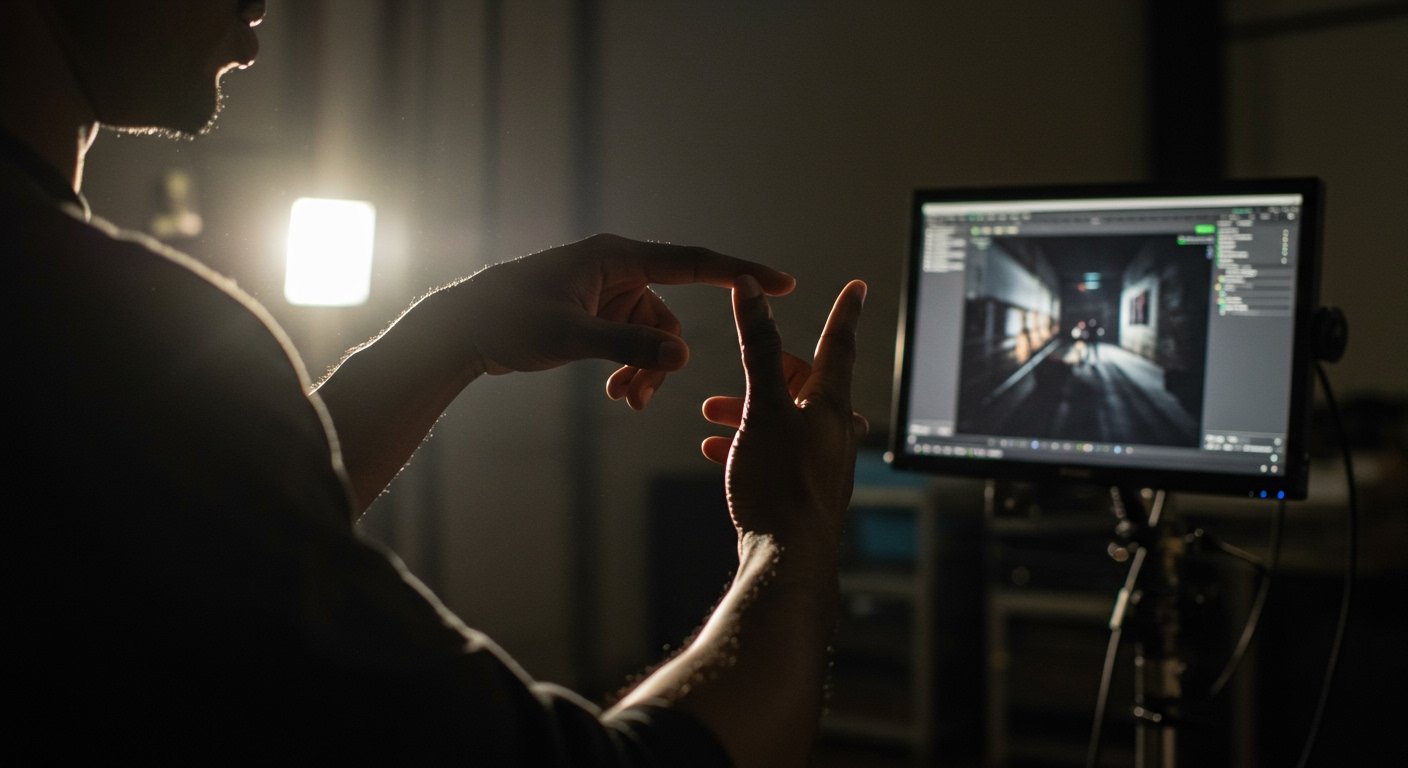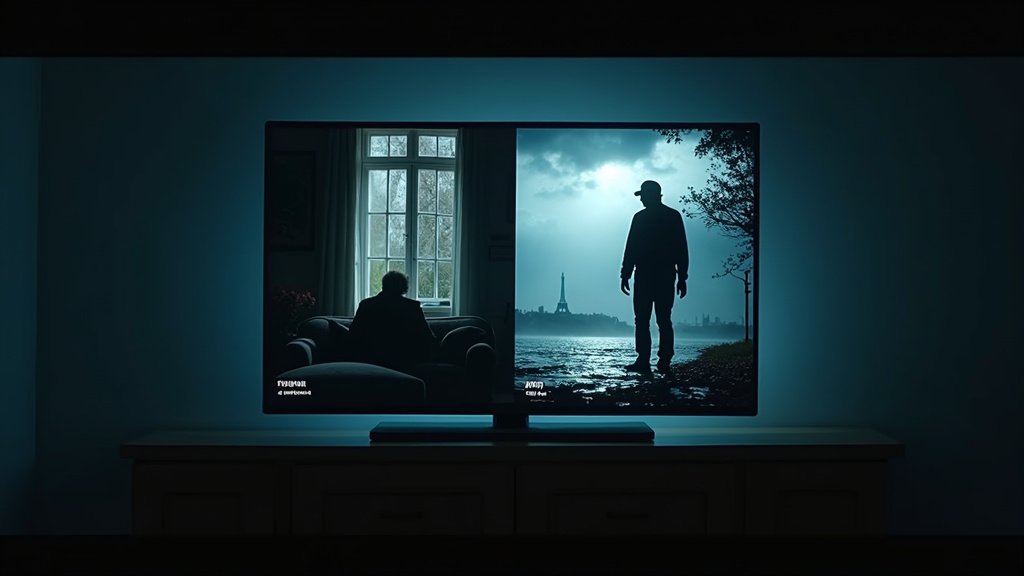In its fourth season, The Boys continues to deliver its signature blend of brutal action and sharp satire. This season, however, takes a more introspective turn, delving into the vulnerabilities of its characters while reflecting the tumultuous political landscape of today’s world. As the series grows, it remains a mirror to society’s darker facets, making it more relevant than ever.
Exploring The Boys Season 4
A Shift in Pace
Season 4 marks a significant shift from its predecessors, opting for a slower, more deliberate pace. This change allows the characters to breathe, giving viewers a deeper understanding of their motivations and fears. The narrative’s slower tempo also emphasizes the chaos brewing beneath the surface, mirroring the uncertainty of our times.
The pacing of the series can be seen as a reflection of how society processes its own crises. In an age where rapid news cycles and constant social media updates dominate, taking a step back to observe and understand can offer clarity. This season does just that, providing space for viewers to connect with the characters on a deeper level. By slowing down, the series invites the audience to ponder the complexities of each character’s journey and the broader implications of their actions.
Additionally, the slower pace allows for more intricate storytelling. The show’s creators take their time to build tension and develop subplots, making each episode feel more substantial. This approach not only enhances character development but also ensures that the overarching narrative is rich and engaging. The deliberate pacing encourages viewers to invest in the story and the characters, creating a more immersive experience.
Character Development
The character arcs this season are more poignant, with each protagonist facing personal demons. Homelander, the series’ terrifying antagonist, grapples with aging and his need for love, showcasing a more vulnerable side. This vulnerability is a stark contrast to his usual invincible persona, adding layers to his character.
Homelander’s journey is particularly fascinating. His internal struggle with aging and fear of losing control humanizes him in unexpected ways. This season, he is seen often staring at his reflection, contemplating the grey hairs that signify his mortality. These moments of introspection reveal a character who is deeply insecure and driven by a desperate need for validation and love. Despite his monstrous actions, these glimpses into his psyche make him a more complex and, paradoxically, a more relatable villain.
Other characters also undergo significant transformations. Hughie, for instance, deals with the emotional turmoil of a family illness. This subplot adds a layer of depth to his character, as he navigates personal loss while continuing his fight against the corrupt Supes. Frenchie and Kimiko confront their past traumas, leading to moments of raw emotion and vulnerability. Their journeys highlight the theme of redemption and the struggle to overcome one’s demons.
Annie, formerly Starlight, faces a world where she is no longer part of The Seven. Her quest for identity and purpose outside the superhero team is a powerful narrative thread. It speaks to the broader theme of self-discovery and the challenges of finding one’s place in a world that often defines individuals by their roles and affiliations. Annie’s arc is a testament to resilience and the courage to forge a new path.
Political Undertones
The Boys has always been political, but Season 4’s commentary feels particularly sharp. The show continues to critique corporate power and media manipulation, themes that resonate strongly in today’s socio-political climate. The narrative parallels current events, making the series a poignant reflection of our society.
One of the most compelling aspects of this season is its examination of the media’s role in shaping public perception. The show portrays how media conglomerates, like Vought International in the series, control narratives and manipulate information to maintain power. This mirrors real-world concerns about the influence of major media companies and the spread of misinformation. The season’s storyline involving media manipulation serves as a cautionary tale about the dangers of unchecked corporate influence and the erosion of truth.
Moreover, the series delves into the idea of performative activism. Characters like A-Train and The Deep are depicted as engaging in superficial acts of activism to boost their public image, without genuine commitment to the causes they purportedly support. This critique resonates with current discussions about performative allyship and the need for authentic, sustained efforts to address social issues.
The show also tackles themes of authoritarianism and the erosion of democratic norms. Homelander’s increasing boldness and disregard for the law reflect the rise of authoritarian figures in the real world who seek to consolidate power by undermining democratic institutions. The portrayal of a society teetering on the edge of totalitarian rule serves as a stark reminder of the fragility of democratic systems and the importance of vigilance in protecting civil liberties.
Comparing to Current Affairs
The Boys’ depiction of a world dominated by corrupt superheroes mirrors the increasing disillusionment with political and corporate leaders today. The show’s exploration of media influence and public manipulation echoes real-world concerns about misinformation and propaganda. This season, by focusing on personal struggles amidst broader societal chaos, highlights the intersection of individual vulnerabilities and collective crises.
The parallels between the show’s narrative and current affairs are striking. The series’ portrayal of powerful entities exploiting crises for their gain mirrors the actions of real-world leaders and corporations during times of turmoil. The exploitation of fear and uncertainty to push agendas and consolidate power is a theme that resonates deeply in today’s socio-political climate. The Boys Season 4, through its characters and storyline, offers a critical lens through which to view these dynamics.
Furthermore, the show’s exploration of identity politics and the commodification of social movements reflects contemporary debates about the commercialization of activism. The characters’ struggles with their public personas and the pressure to conform to societal expectations echo the experiences of individuals navigating a world increasingly driven by image and perception. The series critiques the superficiality of performative activism and calls for a more genuine, substantive approach to social change.
Visual and Narrative Impact
The visual storytelling in Season 4 remains top-notch, with stunning cinematography that enhances the series’ dark tone. The narrative structure, while slower, builds up to intense moments that leave a lasting impact. The show’s ability to blend gore with deep emotional beats makes it stand out in the superhero genre.
The cinematography in Season 4 is particularly noteworthy. The use of lighting and color palettes effectively conveys the series’ dark and gritty atmosphere. Scenes are meticulously crafted to evoke a sense of tension and foreboding, drawing viewers into the dystopian world of The Boys. The visual style complements the narrative’s themes, enhancing the overall viewing experience.
The narrative impact is also significant. The slower pace allows for more detailed and nuanced storytelling, creating a richer, more immersive experience. The build-up to key moments is carefully constructed, making the payoffs more satisfying and impactful. This approach not only deepens the emotional resonance of the series but also heightens the suspense and anticipation.
Performance Highlights
Antony Starr’s portrayal of Homelander is particularly noteworthy this season. His performance captures the character’s complexity, balancing menace with vulnerability. Other characters, such as Hughie and Starlight, also undergo significant development, dealing with personal and familial issues that ground the series in reality.
Starr’s ability to convey Homelander’s multifaceted personality is remarkable. His portrayal of the character’s descent into madness and desperation is both terrifying and tragic. The subtle nuances in his performance, from the menacing glint in his eye to the fleeting moments of vulnerability, make Homelander one of the most compelling villains in contemporary television.
Other actors also deliver standout performances. Erin Moriarty as Starlight showcases a range of emotions, from disillusionment to determination, as her character navigates a world without The Seven. Jack Quaid’s portrayal of Hughie captures the character’s internal conflict and growth, making his journey relatable and emotionally engaging. The ensemble cast’s strong performances contribute significantly to the season’s success.
Critical Reception
Critics have praised Season 4 for its character-driven storytelling and relevant political commentary. While some miss the relentless pace of earlier seasons, many appreciate the deeper narrative this season offers. The slower pace allows for richer character exploration, making the stakes feel more personal and urgent.
The critical reception highlights the season’s strengths in storytelling and character development. Reviewers have commended the show for its bold narrative choices and its willingness to tackle complex social issues. The character-driven approach has been particularly lauded, with critics noting that it adds depth and emotional weight to the series.
However, the slower pace has been a point of contention for some viewers. Fans accustomed to the high-octane action of previous seasons may find the more deliberate tempo challenging. Despite this, the season’s emphasis on character arcs and thematic depth has been widely appreciated, making it a standout entry in the series.
Conclusion
The Boys Season 4 is a testament to the show’s evolving narrative and its ability to stay relevant. By focusing on character vulnerabilities and reflecting the current political landscape, the series offers a thought-provoking and emotionally resonant experience. As the characters navigate their tumultuous world, viewers are reminded of the parallels to our own, making this season a powerful reflection of our times.




